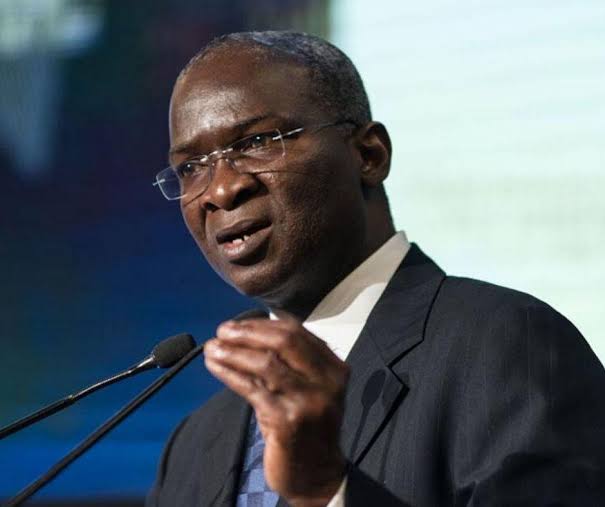Former Minister of Works, Mr Babatunde Raji Fashola, has charged leadership and members of Eko’ Club not to rest on past achievements but to focus on the future, asserting that the opportunities ahead in the next 50 years far outweighed those of the past.
Fashola, a longstanding member of Eko Club and also former governor of Lagos State made the call on Wednesday, while delivering a lecture, themed: “The Role of Social Clubs in Social Engineering,” in celebrations of the 50th Anniversary of the club, emphasizing that the strength of social clubs lies in their members’ common interests, particularly in enhancing the welfare of their communities.
The event, which was chaired by a former banker, Mr Akin Kekere-Ekun, had in attendance former Lagos Head of Service (HoS), Mr Olusegun Ogunlende; former State Commissioners for Home Affairs, Oyinlomo Danmole and Hon. Tunde Balogun, among others dignitaries.
The former minister said for Eko Club, these interests include the well-being of Lagos indigenes, fostering brotherhood, and contributing to the economic and social development of the state, even as he commended the objectives outlined by the club’s founders in birthing it 50 years ago.
According to him, the objectives as outlined in the club’s constitution focus on promoting fellowship, supporting lawful actions for members’ welfare, and fostering social, cultural, and sporting activities.
This was just as he recalled his own time as a youth playing tennis at Eko Club in the 1980s, which, he said, shaped him and instilled in him the values of sportsmanship and community.
“Their farsighted vision 50 years ago laid enduring foundations upon which we proudly stand today,” he said.
“From the foregoing, we see that the common interest of Eko Club members lies in their own welfare, education, sports, all lawful interests of members, and the interest and welfare of the indigenes of Lagos State.
“Let me connect with the educational and sporting side of these objectives by disclosing that I used to play tennis in this club in 1983 when I was 20 years old, until the Onigbanjo brothers, who worked then at National Oil and Chemical Marketing Company, suggested to my father that he enlisted me at Shell Club because none of the members in Eko Club could cope with the speed and pace of my game.
“That tennis court at Eko Club was eventually transformed into the space that became the arcade for parties and is now occupied by the banquet hall. I am happy to remark that other sports have survived. Of course, Eko Club was also famously the place for many matchmaking experiments, and I believe many thriving marriages today are the result of those endeavours.
“To the extent that marriages and families they build are part of the community of common interest, Eko Club has thrived. While my late father’s endeavours at matchmaking with some of his friends’ daughters, who attended the same university, were fruitless, I was a frequent and often welcome guest at Eko Club throughout my university days.
“I was thankfully mentored by many great members of this club in those days, and I believe Eko Club can take much credit in shaping me,” he added.
Speaking further on the collaboration needed between the government and the community, Fashola recounted a notable instance where the club facilitated a stakeholders’ meeting with the Lagos State government regarding the regulation of motorcyclists on major roads.
He noted that this interaction improved communication between the government and the community, saying such collaboration highlighted the influence social clubs can wield in social and policy discussions.
Looking ahead, Fashola called on the club to be more proactive in addressing contemporary issues such as climate change, drug abuse, security, and the economic challenges facing Lagos.
He equally urged the club to return to its sporting roots by reviving youth inter-club competitions, which would help combat youth unemployment through sports.
Fashola, however, called for deliberate membership recruitment to ensure that Eko Club remained a driving force in social engineering for the future, urging the club to foster more engagement with public officials and policy discussions, reiterating the important role social clubs can play in governance and societal development.
The former governor, in conclusion, lauded the club’s leadership for organizing the anniversary celebration and for choosing such a relevant and impactful theme.
